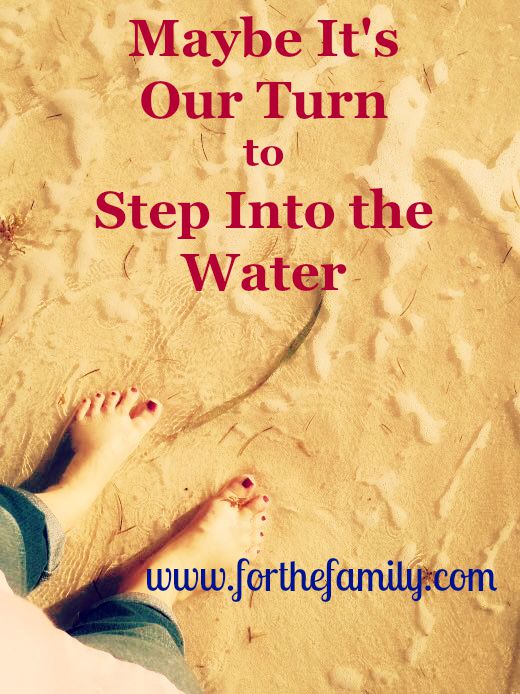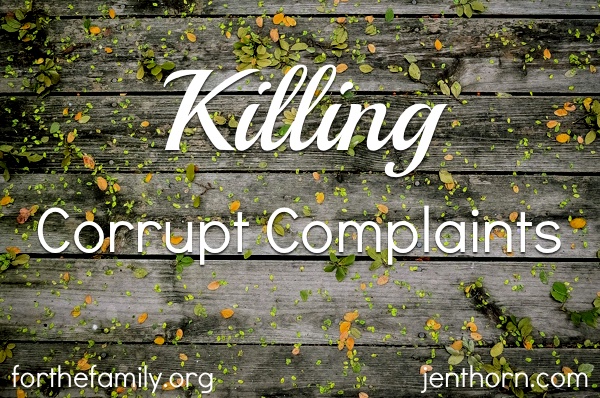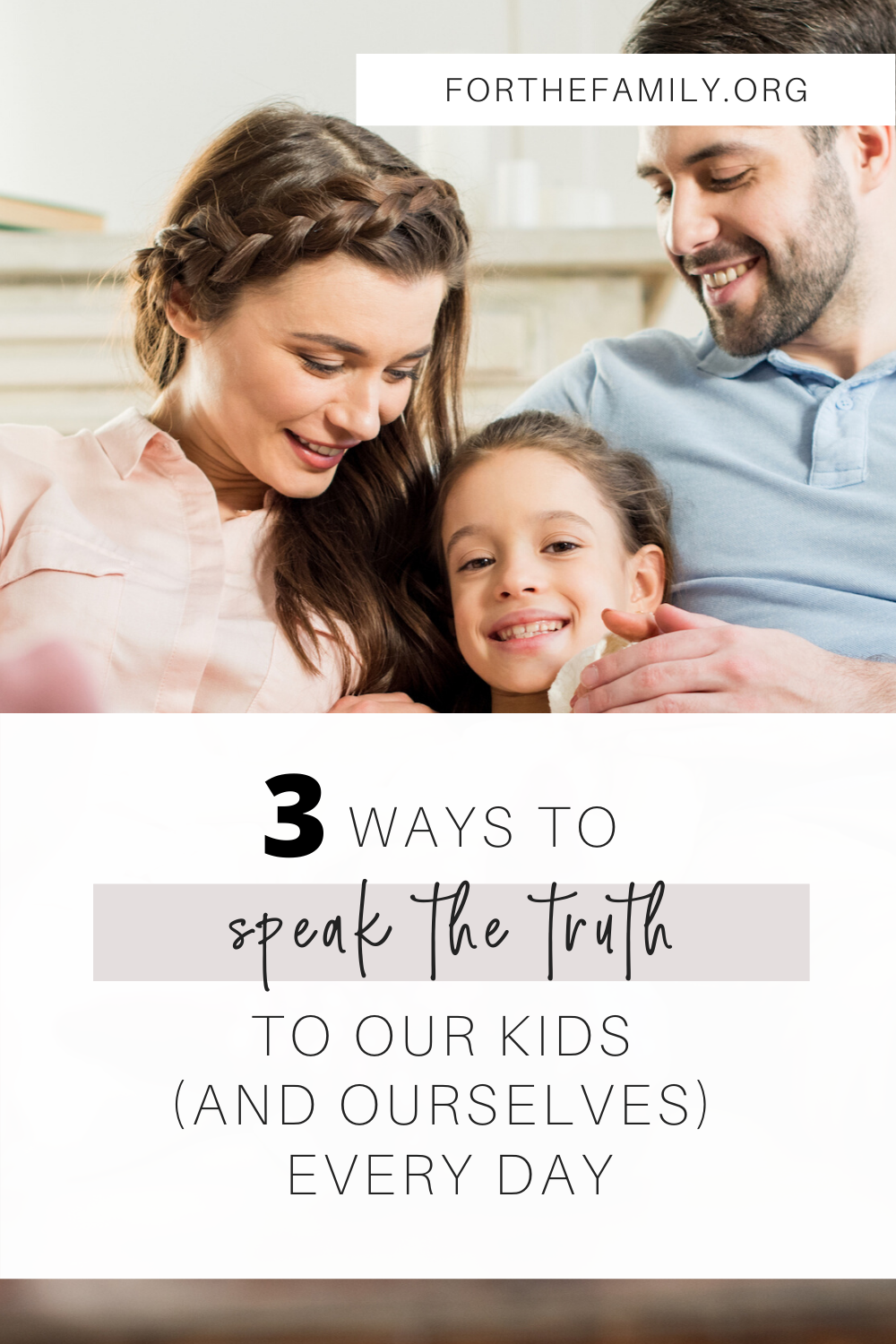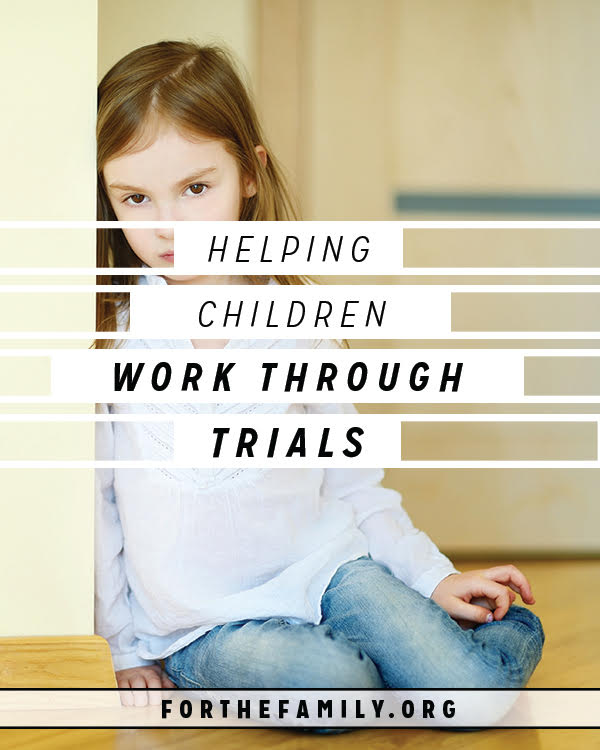Maybe It’s Our Turn to Step Into the Water
We spent time on a lovely beach last week.
On the day we set off on our flight, a three year old boy captured the world’s imagination.
The heart-wrenching photo of the toddler’s body, washed up onto the beaches of Turkey, has become a rallying point for many who call the nations of the world to respond with open arms. European nations, traditionally hostile to immigration, press one another to open their borders in the face of what’s being called the greatest refugee crisis since World War II. America, in turn, has agreed to take in at least 10,000 refugees from Syria.
World Relief, The Justice Conference, the National Association of Evangelicals, and Ann Voskamp have banded together to offer a practical call to do something (see their page at wewelcomerefugees.com for more information). With calls to partner church to church, sponsor a refugee family, lobby for help for those in need, and of course to pray, there are many opportunities presented to us all to respond to this great crisis.
As our news feeds give us glimpses of the panicked faces of those fleeing, how can we do otherwise?
The Old Testament is replete with instruction to care for the poor and needy, including this call in Isaiah:
“Is this not the fast which I choose …
Is it not to divide your bread with the hungry
And bring the homeless poor into the house;
When you see the naked, to cover him … ” Isaiah 58:6-7
Jesus Himself repeats the charge, at one point indicating that our response to it will determine which group we will wind up with–the sheep, or the goats …
“Then the King will say to those on His right, ‘Come, you who are blessed of My Father, inherit the kingdom prepared for you from the foundation of the world. For I was hungry, and you gave Me something to eat; I was thirsty, and you gave Me something to drink; I was a stranger, and you invited Me in; naked, and you clothed Me; I was sick, and you visited Me; I was in prison, and you came to Me’… ” Matthew 25:35
While the correct, Christian response to our modern-day situation appears obvious from the scriptures, there are those who would stand on a different side, blowing a different horn. They warn: some of these refugees are Muslim, not Christian. Perhaps insurgents will hide among them, coming to wreak havoc in our land.
How are we to respond to such questions?
It seems to me we have to first make one determination:
In the face of this worldwide crisis, where mothers and fathers set their children on boats to cross endless, dark waters because somehow that troubled water has become safer than the land they live on, will we respond from a place of faith, or fear?
Faith would ask us to consider the possibilities.
If as Christians we open our hearts and homes to those of another faith, might that outreach not draw them to our own? If we act like Jesus, wouldn’t that give them the best opportunity to see Him?
Is this not a time to throw our confidence on God fully, and see this crisis as an opportunity to reach those in need with the truth of the gospel? The truth we believe isn’t a weak one– “For I am not ashamed of the gospel, for it is the power of God for salvation to everyone who believes, to the Jew first and also to the Greek.” Romans 1:16
What if this moment of crisis found us brave?
Perhaps, if we find ourselves more fearful than faith-full, it behooves us to ask ourselves why. Maybe this historic time calls us to step out into the water, too.
Blessings,
Misty Krasawski








We have to step up and open our hearts – and our homes – to the refugees.
Yes, our homes. We have to take them in, not put them into DP camps ‘pending relocation’. (Not the same, but analogous…my wife and I run a sanctuary for unwanted dogs. There are 21 in the house as I write this. Their presence defines our life; they didn’t ask to be abandoned.)
These people have to be loved.
But it’s not enough. It never was. We knew that 70 years ago this month when we insisted on unconditional surrender from the Japanese. And 70 years ago last May, when we demanded the same from the Germans.
These refugees have been created by people who put their own ideology or egos above humanity, and we have to render them incapable of doing that again – using whatever means are needed.
I worked in the latter field; I do know wherefore I speak.
Thank you so much for your thoughts, Andrew. “These people have to be loved.” Absolutely agreed. They need to be loved practically. And we’re the ones called to love.